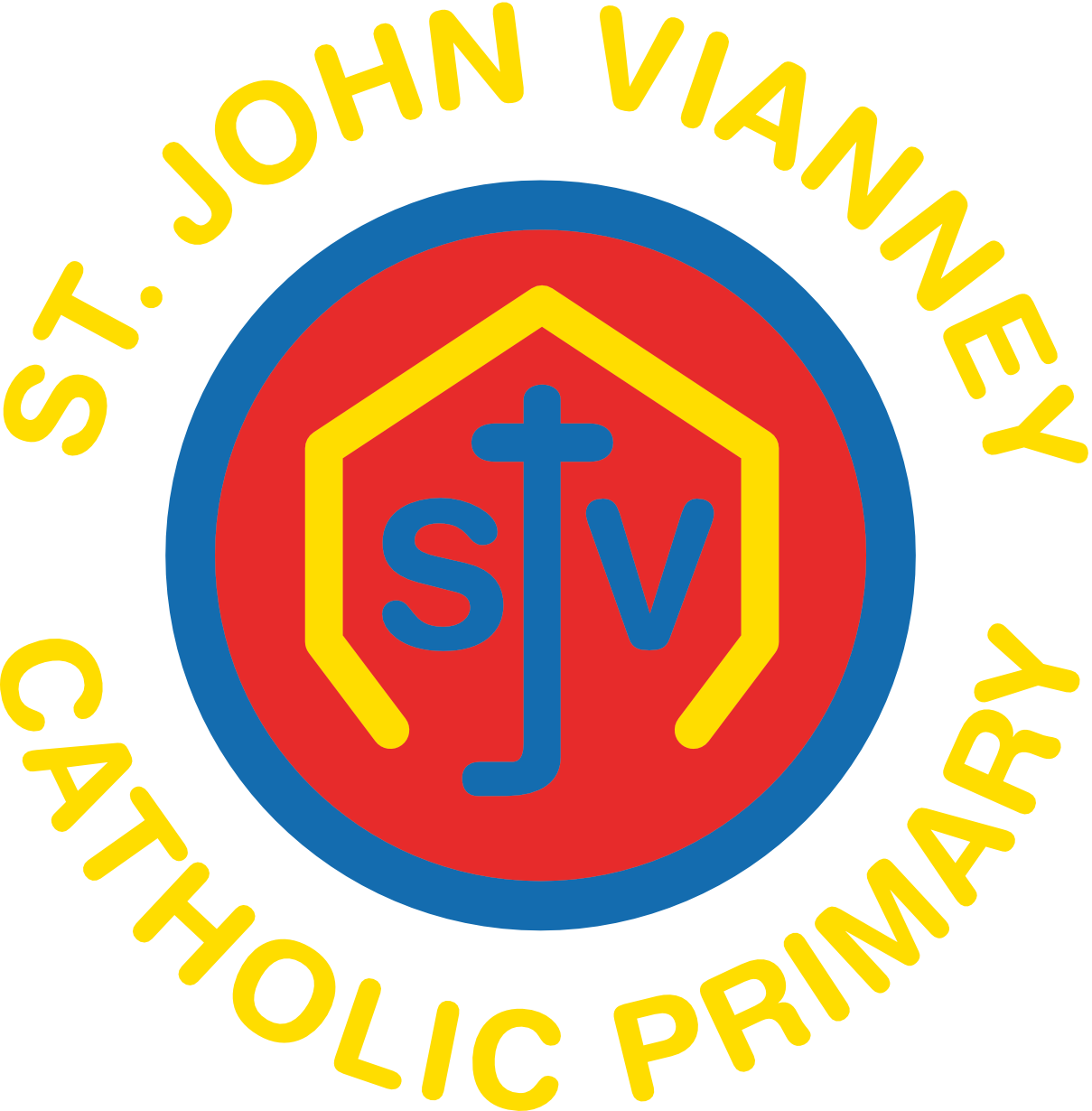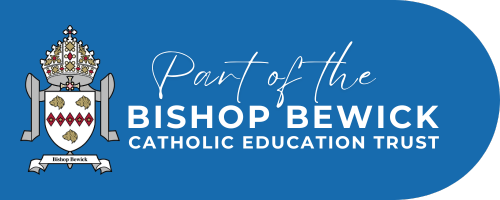
Science
Science
At St John Vianney Catholic Primary School, we endeavor to provide a broad and balanced curriculum which inspires and provides opportunities for success for all of our learners. Through our curriculum, we strive to create independent, curious, creative and critical thinkers, problem solvers and innovators. We aim to provide engaging learning opportunities that encourage our pupils to develop and fulfil their potential academically, socially, emotionally and spiritually. We strive to provide a range of activities and opportunities through a carefully sequenced and progressive curriculum in all subject disciplines, which fosters a passion for learning, stretching beyond the confines of primary school and creates lifelong learners. Our vision is that our curriculum will ignite passion, expand horizons and raise aspirations for all of our learners. We aim to equip our pupils with the knowledge and skills that will prepare them for the world of work in an ever-evolving landscape, and with the confidence, resilience and tolerance to live harmoniously with others.
INTENT:
The intent of the Science curriculum is to develop a love of learning and give all children a curiosity about the world around them and a thirst for knowledge to understand how things work. We aim to build this science capital by giving and developing the children’s vocabulary, language and experiences that they may not have had prior to entering our school. We seek to maintain and improve a rich, broad and balanced curriculum – giving opportunities for them to write and use scientific enquiry skills. We hope to provide them with worthwhile subject content that will inspire them to take an interest in Science as they move forward with their education and into adulthood.
We see the pupils as blank canvasses that need to be filled with scientific wonder, knowledge and through a number of avenues: exciting, investigative lessons; horizon-broadening trips and real-life visitors who can demonstrate how science is used in jobs/real-life situations. We also attempt to engage children by highlighting how science influences their daily lives at home and in school.
Finally, we use the science curriculum as an opportunity to help pupils stay safe, be that through exploring the dangers of using cigarettes or drugs on their bodies, to showing how children can use electrical equipment safely.
Our aims:
Children are engaged and motivated to deepen their knowledge in specific areas linked to the National Curriculum.
Develop cross curricular links and strengthen further links with the local and wider community and global world.
Deepen children’s knowledge and understanding by planning extracurricular visits.
To progress the subject through steadily acquiring and building upon skills and knowledge, both substantive and disciplinary.
To learn about the natural world and how to protect the environment, from an understanding of changes in the seasons in Year 1 to Evolution in Year 6.
To learn to identify materials and understand how they can change state, as well as understanding about different forms of energy, light, sound and basic movement, and its effects.
To develop scientific enquiry skills so that they understand what variables are and how they can affect the outcome of experiments.
To undertake a range of scientific investigations and be able to interpret their results to draw conclusions.
IMPLEMENTATION:
Design and construct a varied and engaging long term plan that is ambitious and ensures the projects are linked to the National Curriculum but are also linked to the interests of the children in school.
We aim to progress the subject through steadily acquiring and building upon skills and knowledge. We do this by ensuring teachers have a good subject knowledge and are aware of what is expected in each unit.
For each unit to start with an initial assessment using a selection of, but not limited to KWL, quizzes, big questions.
At least one science experiment/investigation and other ways of developing scientific enquiry skills per unit
Evidence of developing ‘sticky knowledge’ by eliciting prior knowledge such as science blasts (1 per unit) and pink-think or challenge stickers.
Evidence that misconceptions have been identified and addressed – cover pages and questioning.
Evidence of some mathematical link i.e. bar charts or calculations.
Evidence of factual learning i.e. How many days does it take the Earth to orbit the Sun? What are the chambers of the heart called?
Choosing the appropriate skills from the National Curriculum for each unit.
We aim to progress the subject through steadily acquiring and building upon skills and knowledge. We do this by ensuring teachers have a good subject knowledge and are aware of what is expected in each unit.
IMPACT:
Children are engaged and motivated to learn developing their understanding further.
Cross curricular links are made and this, therefore, deepens the children’s knowledge.
Children understand that the presentation and quality of work is essential in all areas.
Children develop a foundation for understanding of the world.
Children develop a love of science and develop inquisitive, questioning minds.
Children acquire practical enquiry skills and be introduced to the process of scientific enquiry.
CULTURAL CAPITAL:


